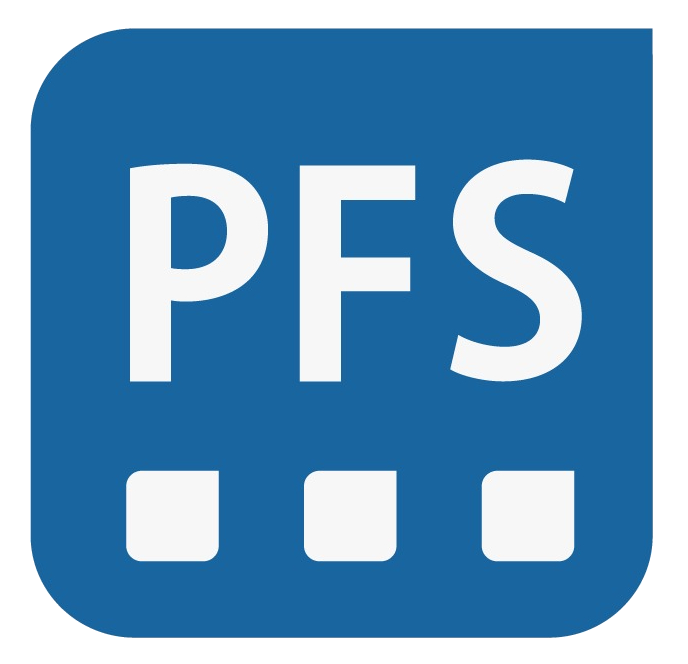keeping it real
The Documentary Film Program at Prague Film School aims at creating the independent documentary filmmaker. Through intensive practical and theoretical work, each student learns how to adapt the narrative tools of drama to tell truthful stories about the real world that simultaneously entertain, educate and inspire audiences. The course is designed to develop professional-level production and post production skills.
- Why study in the documentary program?
- Documentary Year Program
- Documentary Semester Program
- Documentary Faculty
Students hit the ground running, shooting documentary projects from week one and then throughout the semester and year on a weekly basis. Each documentary students will shoot around 8 documentary projects per year. Students completing the program are guaranteed to have acquired skills in working with Avid Media Composer editing software, DaVinci color correction, ProTools sound design and After Effects special effects programs. They will know how to operate the Black Magic Pocket, Sony 4K HDCam, Red Epic Dragon and Arri Alexa cameras. They will be proficient in recording with portable mixers, directional, shotgun, omni and wireless microphones, and knowledgeable of how to light using a wide range of lights, from 100 W Dedolights to 4K HMIs. The program instructs the history and theory of documentary, involving students in viewing a substantial number of documentary films weekly. Production-based but academically rigorous, Prague Film School programs are approved for university credit by many top tier colleges, including Vassar, Bowdoin, Oberlin, Sarah Lawrence, Bard, Barnard, Northwestern, to name a few. Students graduating from the course will have the technical skills to fulfill all key positions on a film set and be able to singlehandedly write, produce and edit their own works. Living in Prague, a city with a tumultuous past (WWII, communism, etc.), students have access to a wealth of local historical, social and cultural subjects. The Prague Film School Documentary Filmmaking Program offers the additional advantage of being a boutique course – run with a small and selective group of students paired up with top academics and documentary professionals. The type of student who chooses Prague Film School comes to us because he or she has essentially only one year in terms of time or financial resources to cross from where he or she is in life at the moment into the world of professional filmmaking. We then have only one year to bring these students to a level of competence where they can operate professionally. As such the program is highly squeezed. Students entering the Prague Film School documentary program typically come socially-minded, prepared to tell truth to power and already sensitized to the infinite number of fascinating stories embedded in real life around us. The documentary program gives its students the skills to tell these stories –structurally, aesthetically and technically. ★ Sample Alumni Career Trajectories Caitlin Mae Burke (2005) pursued a career producing and directing non-fiction and reality television in the United States after her time at PFS. The feature films she went on to produce (both documentary and scripted) have won Emmy, Grand Clio, and Gotham Awards, and been nominated for Independent Spirit Awards and Cinema Eye Honors, as well as being broadcast and shown theatrically worldwide. She is an inaugural inductee into DOC NYC's 40 Under 40 and a 2018 alumna of Berlinale Talents. Anne Svejgård Lund (2011) was accepted Britain’s prestigious National Film School largely based on her work at Prague Film School. She was in the production of The Russian Woodpecker, winner of the Grand Jury Prize at Sundance in 2015. She is currently in production with her own feature documentary Deepali shot in India and produced in Denmark and the UK. In 2020 Anne completed Big Dreams in a Small Place, a poetic documentary telling the story of young women in a small community dreaming of becoming the majorette and leading the march in the traditional marching band. Dieter Auner (2006) distributed his first acclaimed documentary feature, Leaving Transylvania, the year following his graduation in 2006. His second feature, Off the Beaten Track, was nominated for Best Documentary at the 2012 IFTA awards. His third feature, Dreams of a Clown, was distributed by EastWest Film Distribution. The skills Dieter picked up in Prague have enabled him to work today as a DP, camera operator and editor on fiction and non fiction films alike. Omid Marzban (2010) directed the documentary Rebel Beats a few years following graduation at Prague Film School. The film tells the story of a young female rapper in Afghanistan and was screened at One World Human Rights International Festival. Omid works as a video journalist at Radio Free Europe.What makes Prague Film School special?
Praxis-oriented
Skills-oriented
Knowledge-oriented
Creates the Self-Sufficient and Versatile Filmmaker
Stories Available
Size
Intensive
What does the program offer?
How will the program help filmmakers get into the industry?
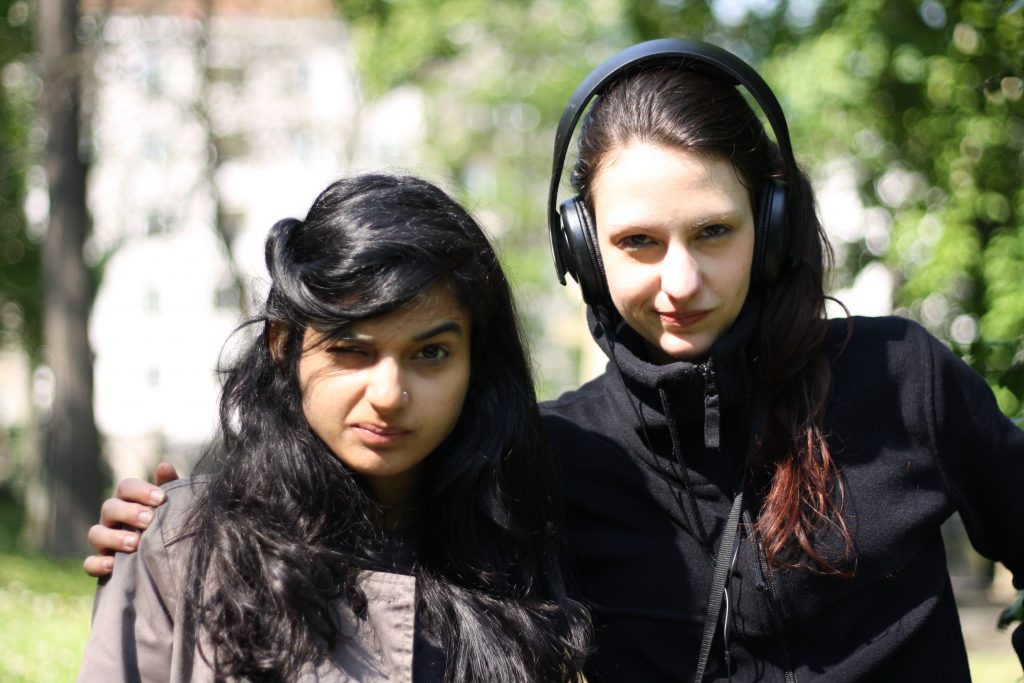
Student careers
Documentary
Year Program
Next open dates:
September 5, 2025 - May 22, 2026
The Documentary Production Program at Prague Film School emphasizes storytelling. Through intensive practical and theoretical work, each student at PFS develops his/her voice as a documentary storyteller and learns the techniques to grab the audience and take them on an emotional journey.
In the first semester of the Documentary Production course, students complete numerous shooting assignments designed to develop critical skills in documentary film language, camera technique and editing. Lectures, demonstrations, screenings, and analytical exercises provide the foundation for the fieldwork.
Students crew on each others’ assignments, gaining extensive practice in directing, producing, shooting, and recording sound. Rigorous critiques are a vital component of the course. In addition to these exercises, each student will produce and direct a 10-minute documentary short film on a subject of his/her own choosing, and crew on his/her classmates’ projects.
Specialized courses in Editing and Cinematography are the other key components of the program. Students learn to edit on Avid Media Composer and learn shooting and lighting theory across a range of formats.
Supplementing the practical component of the course, the documentary program will draw upon a rich pool of international and historical documentaries crossing themes and genres providing the student with a varied palette of documentary styles, techniques and approaches they can apply to their own work.
In the second semester, we focus on in-depth development and pre-production of the diploma film. Students complete weekly assignments for instructor and peer review, and learn to write a compelling Proposal & Treatment. Each student produces and directs his/her diploma documentary film and crews on classmates’ projects. Through extensive brainstorming and pitching sessions, students also leave the course armed with a portfolio of critiqued project ideas to further develop and make a reality after completion of the program.
Students further develop their technical skills through weekly shooting and editing exercises in the documentary workshop. Topics covered may include: Advanced Interview Techniques, Documentary Reenactments, Archival Research, Writing Narration, Music for Documentary and various Cinema Vérité-style shooting scenarios.
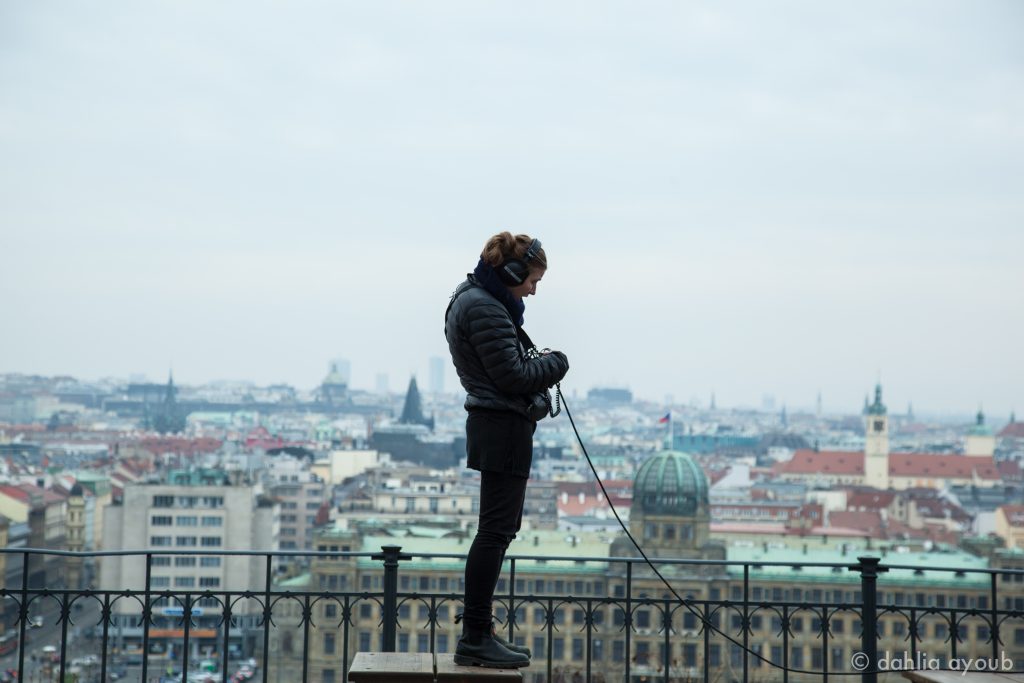
Content of the 1st semester
The first semester curriculum of documentary filmmaking program covers foundation courses including: (1) documentary theory / history (2) documentary workshop (3) cinematography, (4) editing and (5) documentary industry, in addition to a number of other subjects which can be taken as electives (see below).
1. Foundation Courses (obligatory)
Documentary Theory/History
Documentary Workshop
Cinematography
Editing
Documentary Industry
2. Production Workflow (obligatory)
Operation of film-making equipment (camera, lighting and sound systems)
Crew production protocol
Sound production (recording, mixing, design)
Grip equipment (camera support systems)
3. Elective/Specialization Courses (each student takes 2 courses)
Aesthetics of the Film Shot as a Component of Film Language
Acting Styles
Advanced Cameras
Central and East European Cinema
Directing Actors
Directing the Camera
Film Industry
Film Comedy
Film Analysis
Lighting
Photography for Cinematography
Post-production effects
Post-production workflow
Visualization
4. Studio Work: End of Semester Film.
64 hours of studio work.
Content of the 2nd semester
1. Documentary Core Classes
Documentary Production
Documentary Workshops
Documentary Editing Practicum
Documentary Editing Theory
Diploma Film
2. Elective Courses
Advanced Editing Theory
Acting Styles
Camera for Cinematographers
Cinematography Workshop
Cinematography Advanced
Computer Animation
Directing Workshop
Directing Actors – Advanced
Directing Actors – Beginner
Documentary Production
Documentary Workshop
Documentary & Fiction Film History
Editing Techniques: Commercials /Music Videos / Movie Trailers
Editing Workshop
Film Analysis
Film Industry
Photography for Cinematography: Composition
Post Production Effects
Post Production Work Flow
Screenwriting Diploma Films
Screenwriting Feature
Screenwriting Across Genres
Screenwriting Adaptations
Visualization
3. Studio Work: Diploma Film.
64 hours of studio work.
Documentary
Semester Program
Next open dates:
- January 10, 2025 – May 23, 2025 (joining the second semester of the 2024-2025 year program)
- September 5, 2025 – December 19, 2025
- January 9, 2026 – May 22, 2026 (joining the second semester of the 2025-2026 year program)
(* note: students applying for the Spring semester must have experience in documentary as they would be joining the second semester of the year course)
The semester documentary film progam is the first semester of the year documentary course. The curriculum is aimed at imparting technical hard skills through weekly filmmaking projects and a solid knowledge of the discipline through a rigorous examination of important documentary works throughout history and from around the world.
Concretely, the first semester covers the following: documentary camera and coverage, interviewing techniques, research, preproduction, story structure and analysis, ethics, authorship and voice. Students learn to edit using Avid Media composer and shoot using Blackmagic Pocket and Ursa Mini, Sony 4K HDCam and Canon.
Film and practical exercises play an extremely important role in the program. Classroom-based courses are supplemented with a number of practical exercises in the studio and at different locations. In the first semester, each student completes seven film projects.
The semester program is the first semester of the year course. It is possible to enroll in the semester course and then prolong ones studies to the second semester of the year course while studying in the semester program. However, doing so incurs higher fees than enrolling in the year program directly. Kindly refer to the application form for fees.
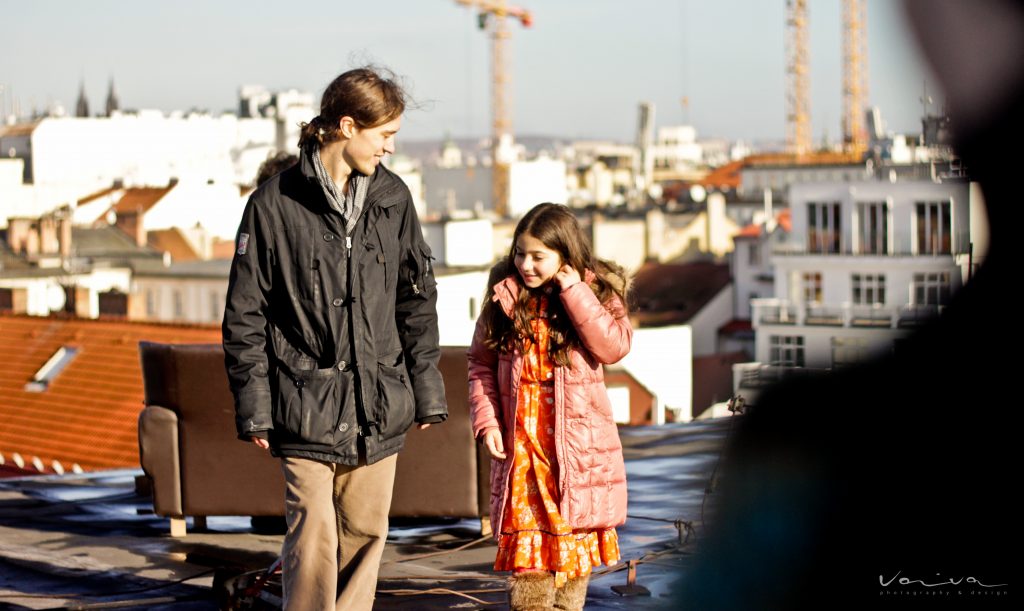
Content of the semester
The first semester curriculum of documentary filmmaking program covers foundation courses including: (1) documentary theory / history (2) documentary workshop (3) cinematography, (4) editing and (5) documentary industry, in addition to a number of other subjects which can be taken as electives (see below).
1. Foundation Courses (obligatory)
Documentary Theory/History
Documentary Workshop
Cinematography
Editing
Documentary Industry
2. Production Workflow (obligatory)
Operation of film-making equipment (camera, lighting and sound systems)
Crew production protocol
Sound production (recording, mixing, design)
Grip equipment (camera support systems)
3. Elective/Specialization Courses (each student takes 2 courses)
Aesthetics of the Film Shot as a Component of Film Language
Acting Styles
Advanced Cameras
Central and East European Cinema
Directing Actors
Directing the Camera
Film Industry
Film Comedy
Film Analysis
Lighting
Photography for Cinematography
Post-production effects
Post-production workflow
Visualization
4. Studio Work: End of Semester Film.
64 hours of studio work.
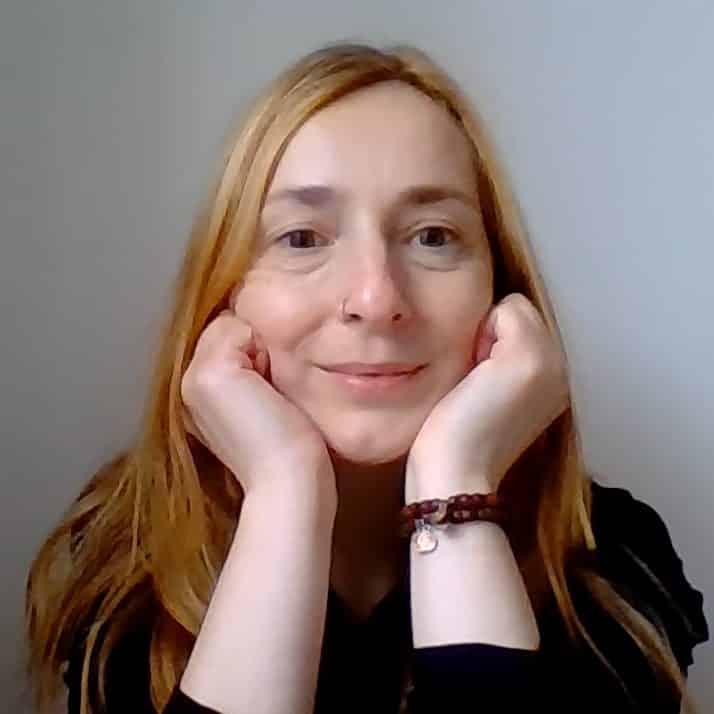
Masa Hilcisin, Ph.D.
Directing, Documentary Film, Experimental Cinema
Masa Hilcisin is a visual artist, and educator. She has been making documentary films, experimental videos, and other visual forms on personal narratives and social issues for more than 20 years. Her works have been screened and exposed at various film festivals and exhibitions around the world. Masa's professional background includes work for media, cultural and human rights organizations where her interests were centered around use of art as a social tool, and creative activism. In 2020, she started to work on a series of books for children dealing with stigma, prejudices, and stereotypes. Masa is a founder of the organization World Community Connect that aims to cultivate plurality of all people regardless of gender, race, sexual orientation, ethnicity, religion, or age through community art projects, and visual storytelling workshops around the world. She holds a PhD In Film Studies and Audio-Visual Culture from the Masaryk University.
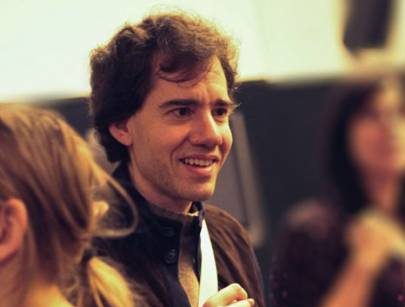
Gabriel M. Paletz, Ph.D.
Screenwriting
Gabriel M. Paletz, Ph.D (Screenwriting, Documentary, Film Comedy and Learning from Bad Films), with a BA from Yale University, is the first PhD graduate from the University of Southern California in film history, theory and film production. Dr. Paletz has taught film at the College of William and Mary, Duke University and USC. He has published numerous scholarly essays and articles, as well as pieces in popular journals like Variety. He has served on several film festival juries and as both historical consultant on the film Serena starring Bradley Cooper and Jennifer Lawrence, and as visual storytelling consultant to the Ethiopian Aids Resource Center in Addis Ababa. He has just completed a book that reveals the connections between the multi-media innovations in the career of Orson Welles. As a film programmer, his recent series include "The Cinema of the Absurd," with new restorations from nine Eastern European national film archives, that has played in both Hong Kong and the U.S. National Gallery of Art, and "Creators of the Photoplay," a series dedicated to the great women screenwriters of Hollywood silent cinema.
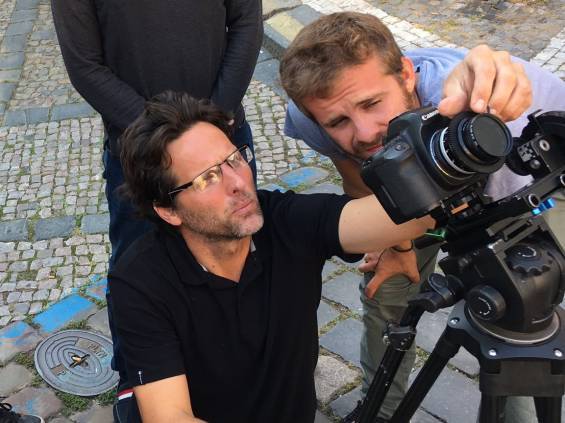
Thomas Krivy
Cinematography
Thomas Krivy, son of Czech parents and brought up and raised in Germany, gained experience as a camera assistant in Berlin and at the Babelsberg Studios before earning his MA in cinematography from the Czech national film academy. He regularly works on narrative feature films, commercials, documentaries and music videos.
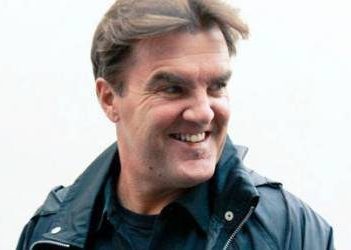
Robert Gottman
Editing, Sound
Robert Gottman is a master Avid instructor and has 21 years of experience at the university level teaching editing, sound and color in both the U.S. and Czech Republic. He served as editor at NBC and other television networks for 16 years, and has edited multiple Emmy and award-winning, internationally distributed programs including numerous dramas, documentaries, news specials, travel, sports, business programming, commercials and music videos.
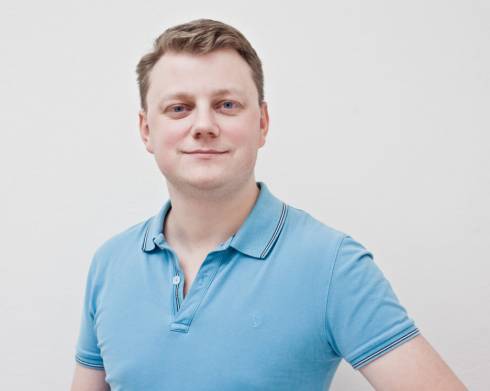
Steve Reverand
Production
Steve Reverand is a French-born and now Czech-based producer, graduate from Prague Film School. He co-founded in 2012 in Prague the production company "The LAB". Steve has been developing, producing and post-producing international fiction projects from short to feature films, with a focus on European-based hybrid genre narratives that can tap into a niche worldwide audience. Among the successful short film he produced are Kaveh Daneshmand's Occasional Showers (Best Short Film - Iranian Society of Film Critics’ Awards, 2016), Nicole Goode's Supine (Silver Méliès Winner 2019) and Rusty Lake: Paradox (6m views online). In 2020, he produced for The LAB his debut feature project as a film producer, the queer fantasy film Playdurizm (winner of the Jury Prize for Best Feature Film at LUFF 2020 and distributed internationally).
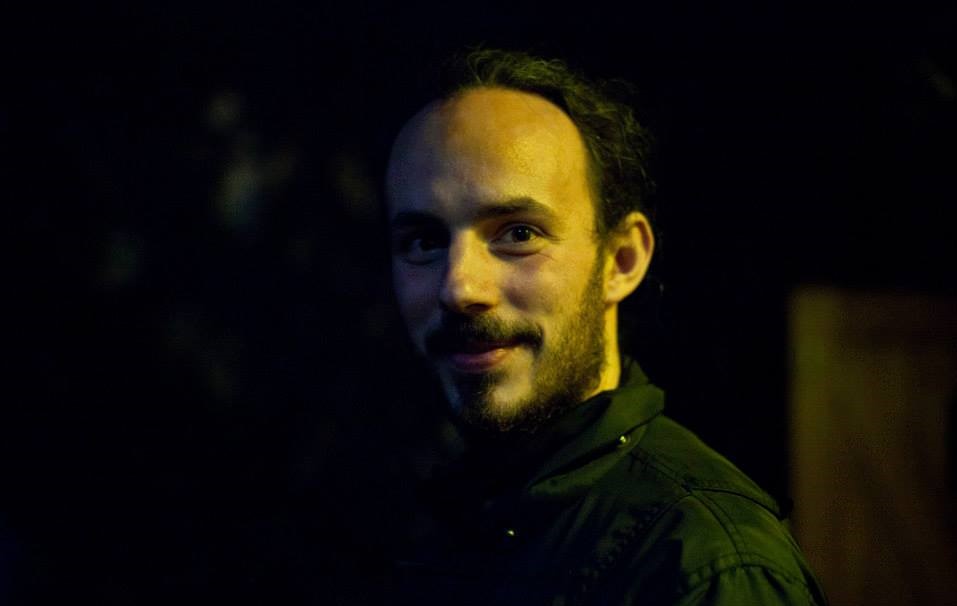
Luka Knezevic
Editing, Aspects of film language
Luka Knezevic is a PhD candidate in film studies at the University of Zagreb and manages the post production facilities at Prague Film School. He is a graduate of Prague Film School (2012) and is an active writer/director. His latest short, Pressure Point, was completed in 2018 and screened at several international festivals (Myrtle Beach, TIFF Oda)
request more information
This site is protected by reCAPTCHA and the Google Privacy Policy and Terms of Service apply.
